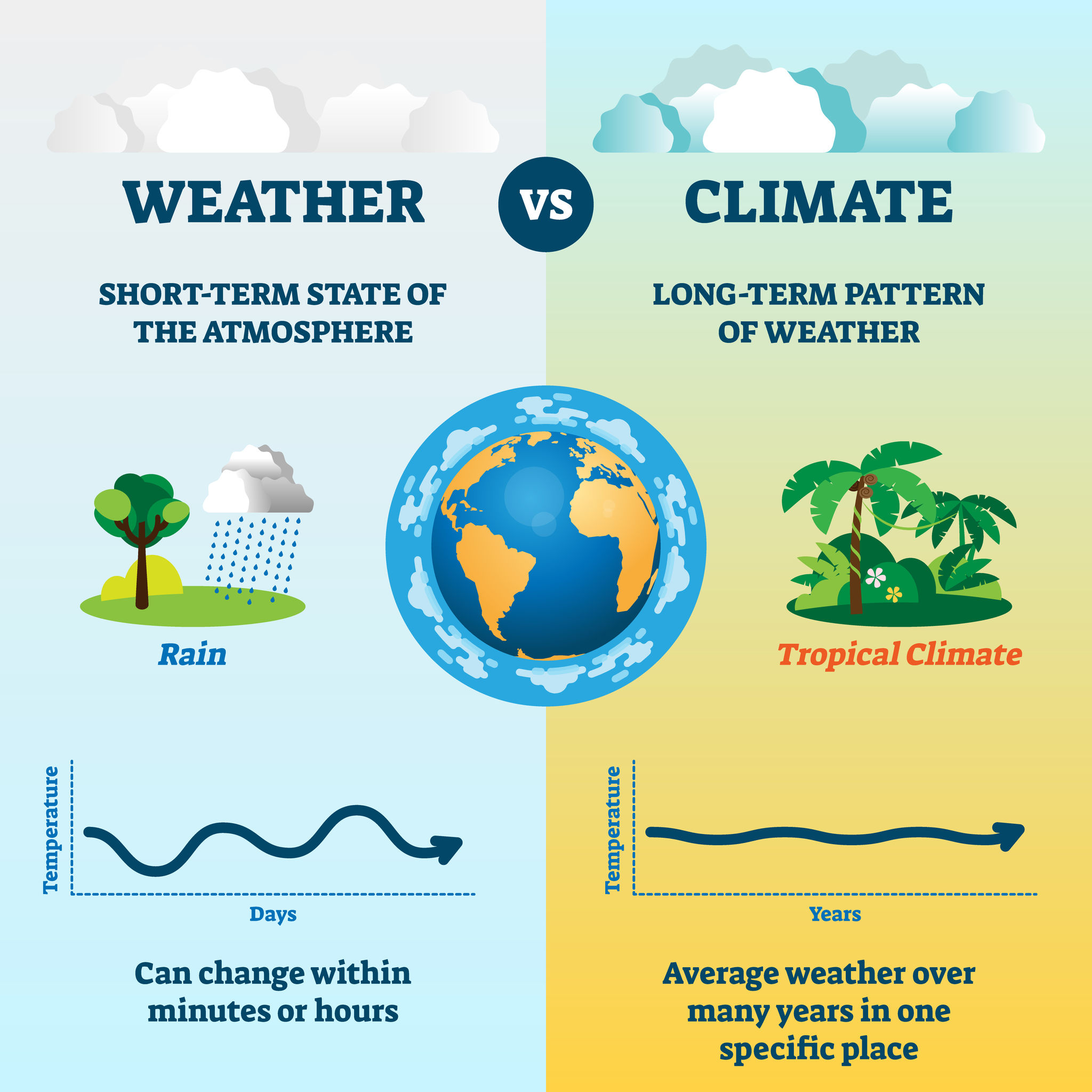Climate change is an undeniable reality that demands our unyielding attention. As the world grapples with the consequences of environmental degradation, the Bahá’í teachings offer profound insights that transcend mere acknowledgment of facts. They challenge the narratives we construct around the phenomenon and urge a transformation in our perspectives. A deeper understanding of these teachings can elucidate both the facts we accept and those we subsequently ignore in the discourse of climate change.
The Bahá’í perspective begins by recognizing the interconnectedness of all life and the profound implications of human actions on the Earth’s ecosystems. Humanity is regarded as a single entity, and our collective behavior impacts the planet’s health. This principle of oneness underscores the necessity for unified action against climate change, emphasizing that neglecting our responsibility not only harms the environment but also disrupts the fabric of society itself.
Within the Bahá’í writings, one can discover an urgent call to stewardship. It posits that the Earth is not merely a resource to be exploited but a trust bestowed upon humankind. The teachings emphasize sustainability and the wise management of natural resources. Yet, there exists a stark contrast between this profound understanding and the prevalent attitudes that favor short-term gains over long-term sustainability. This dichotomy between promises made through spiritual tenets and the reality of human behavior encapsulates a significant portion of the climate change debate.
As we dissect the facts acknowledged within environmental circles, we must confront several pivotal truths. First, the alarming increase in global temperatures and the corresponding rise in greenhouse gas emissions are widely recognized. The scientific community has convincingly linked these changes to anthropogenic causes, particularly from industrialization and fossil fuel consumption. Yet, despite this consensus, there persists a reluctance to engage with the implications of such data. The Bahá’í teachings, however, advocate that knowledge, acquired through sincere investigation, must be translated into action.
Moreover, while numerous studies highlight the repercussions of climate change—such as increasing natural disasters, biodiversity loss, and the displacement of communities—there remains an unsettling tendency to minimize these realities. This selective acceptance of facts is not merely a psychological endeavor but a systemic issue rooted in societal norms and economic paradigms. The Bahá’í writings implore us to transcend such limitations, encouraging a paradigm shift that embraces a holistic view of human enrichment through environmental resilience.
It is imperative to delve into the areas where ignorance, whether wilful or incidental, often prevails. For instance, there is a propensity to overlook the environmental impacts of consumerism. The Bahá’í teachings emphasize moderation and the dangers of excess. In contrast, modern consumer culture frequently celebrates accumulation as a sign of success. This contradiction poses a significant challenge for individuals seeking to align their values with spiritual principles. An awareness of the environmental costs associated with consumption can catalyze transformative changes in personal and collective behavior.
Equally crucial is the moral imperative highlighted in Bahá’í teachings regarding the protection of the most vulnerable populations affected by climate change. The narratives of those displaced by rising sea levels or famines caused by unpredictable weather patterns often remain underreported or ignored. This oversight reflects a broader societal tendency to prioritize certain perspectives over others, a phenomenon that undermines the essence of justice and compassion intrinsic to the Bahá’í faith.
In illuminating these disparities, the Bahá’í teachings advocate for global solidarity and cooperation. Climate change is a global challenge that knows no borders, yet often, responses are hindered by nationalistic sentiments and a lack of collaborative spirit. The writings implore humanity to transcend differences and unite in a shared endeavor to protect the planet. Such unity not only serves pragmatic purposes in addressing environmental challenges but also fulfills a higher spiritual calling, identifying the preservation of the Earth as a divine mandate.
Furthermore, the Bahá’í perspective instills hope amid overwhelming concerns regarding climate change. There exists an intrinsic belief in the potential for human capacity to evolve and adapt. The teachings advocate for education and awareness as tools of transformation. By empowering individuals with the knowledge necessary to understand and confront climate change, there lies an opportunity for rejuvenation and conscientious stewardship of the Earth.
As we advance into discussions about solutions, it is essential to recognize the power of collective action rooted in Bahá’í principles. Grassroots initiatives, local communities, and interfaith collaborations can awaken a collective conscience that galvanizes efforts to enact measurable change. The Bahá’í teachings encourage viewing challenges as opportunities for growth, fostering an optimistic outlook that underscores the ability of humanity to forge a sustainable future.
In conclusion, the Bahá’í teachings provide a valuable framework for understanding and addressing the complex realities of climate change. They challenge us to scrutinize the facts we accept and to illuminate those we ignore, fostering a holistic worldview that integrates spiritual inquiry with scientific understanding. Embracing this perspective cultivates not only a sense of responsibility but also a profound hope for the possibility of a sustainable and equitable future. In the quest for solutions, may we heed the call for unity, recognizing in our hearts and actions the sacred stewardship of the Earth entrusted to each of us.
